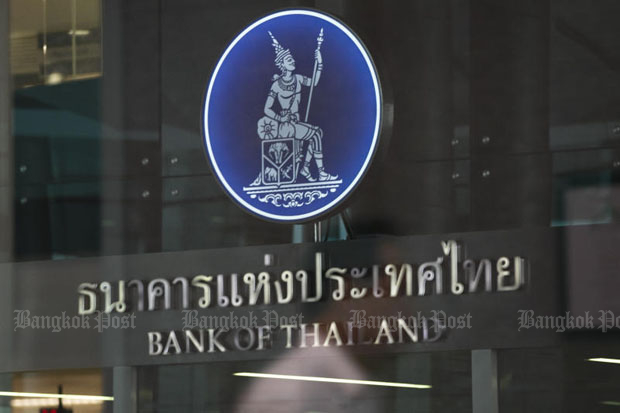Thailand: Financial stability jeopardised
The Bank of Thailand (BoT)’s two key committees have voiced concern that rising household debt poses a threat to financial stability.
The country’s household debt load remains high and is trending upwards, particularly in car loans, according to a summary of a joint meeting of the Monetary Policy Committee (MPC) and the Financial Institutions Policy Committee (FIPC) released on Wednesday.
Competition between both commercial banks and non-bank financial institutions in the retail lending business has intensified, it said, resulting in lax underwriting standards and offering loans in a manner that that tempts people to run up more debt more than necessary. .
“The meeting agrees that commercial banks and non-bank firms should be more concerned about borrowers’ debt-servicing ability when they extend loans, especially to fragile borrower groups such as low income earners, first jobbers and retirees as these groups tend to accumulate excessive debt and their income may not be sufficient to meet their living expenses,” it said.
In an effort to prevent households from running up too much debt, the BoT has joined forces with commercial banks in setting a standard for debt-service ratio.
“The meeting agrees that household debt is an important risk to the Thai financial system. Without immediate supervision, it could snowball into big problems in the future,” the statement said.
Meanwhile, mortgage lending has decelerated since the loan-to-value (LTV) measures took effect on April 1, reflecting the slowdown in speculative activities in the residential market, it said.
The number of new housing loan accounts fell 4.6% year-on-year between Apirl and May, with the second and subsequent mortgage contracts plummeting 36%, and first mortgage contracts inching up 0.2%, according to the central bank’s data.


 English
English





